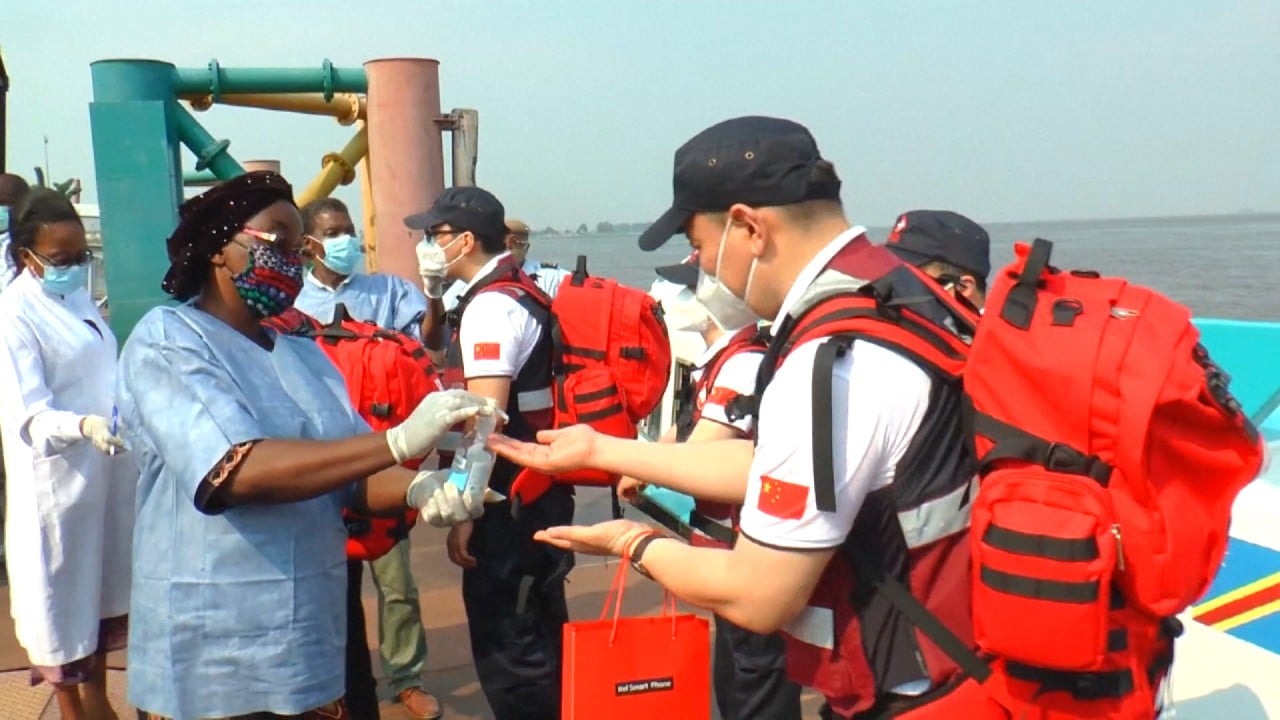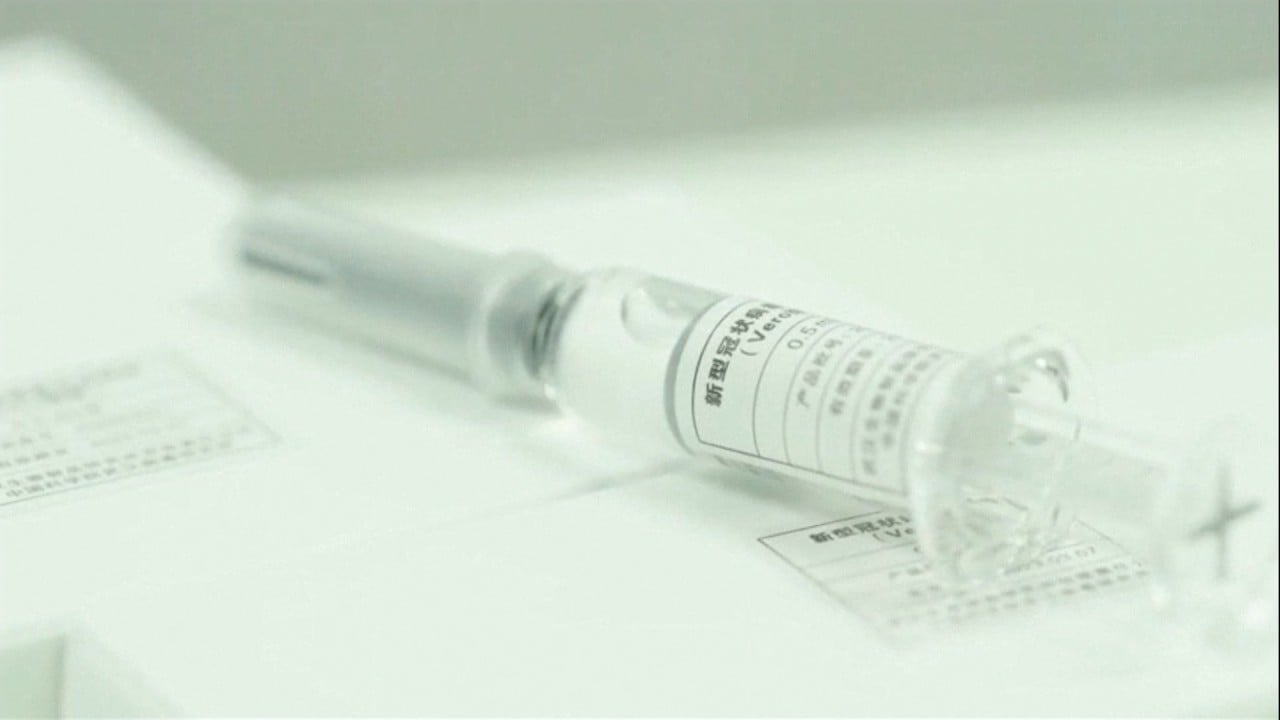
Coronavirus pandemic is an opportunity for the renewal of South-South cooperation, to aid economic recovery
- As countries interact under South-South cooperation framework, differences must be acknowledged even as customs and cross-border travel standards are worked out
- Global South countries must participate in schemes that ensure equitable access to Covid-19 vaccines
Effective cooperation in public health is based on the principle of mutual protection. Countries in the global South, China included, have thus prioritised humanity-based health and economic cooperation.

02:39
China dispatches experts, medical supplies to African nations battling coronavirus
What more can China do to work with the rest of the global South on the pandemic and economic recovery? There is no “one-size fits all” approach to experience sharing. For each society, effective health intervention must factor in the double burden of infectious and non-communicable diseases.
Each national health system is geared to address peculiarities that may not be found elsewhere. The international health system is centred on each nation state and its foundations rest on the lowest common denominator.
Under the South-South cooperation framework, countries will continue to interact under the existing international health system. Acknowledgement of differences between countries is a first and necessary step.

Now that Chinese candidate vaccines are registered in the COVAX facility, led by the Global Alliance of Vaccines and Immunisation (Gavi) and the Coalition for Epidemic Preparedness Innovations (Cepi), China can put into practice its pledges of support.
Due to the lower disease burden in China, it will be helpful for efficacy studies of Chinese-made vaccines to be conducted in locations other than developing countries. Collaboration in vaccine development should be based on the merits of vaccine science.
Meanwhile, provision of a public good necessitates cost sharing. Schemes like the COVAX Advance Market Commitment ought to rely on the timely participation of China and other global South countries to make the goal of bringing the pandemic under control via equitable access to Covid-19 vaccines more attainable.
In a post-Covid-19 context, international economic exchange is likely to feature greater emphasis on economic sovereignty, rather than the “more is better” philosophy of globalisation. Several foreseeable changes in the world economic system should be borne in mind.

01:39
China prepares for coronavirus vaccine mass production though clinical trials are not yet complete
One way for South-South cooperation would be to embrace “locally produced and locally sold” investment strategies which, in the longer term, can enhance resilience to future shocks. The health care, food and nutrition, and environmental protection industries comes to mind.
Second, countries in the global South should encourage cooperation in establishing technological standards that better serve the upgrading of their respective economies. International connectivity will continue to be crucial.
Third, along with the gradual restoration of international travel, countries in the global South stand to benefit by making scientific and educational exchange policies that embrace technological and managerial innovation. One powerful lesson from the scramble to contain Covid-19 is that it is the most applicable and readily deployable knowledge that truly matters.
Finally, management of external debt is a long-standing challenge. Responsible spending is as essential as considerate lending. Countries in the global South should continue to explore conceptual connectivity in evaluating their debt relationships.
In conclusion, South-South cooperation has evolved considerably. International agencies, which have played a significant role in enabling China’s growth in past decades, continue to have an irreplaceable role in facilitating dialogue and cooperation between China and the rest of the global South.
Zha Daojiong is Professor of International Political Economy, School of International Studies, Institute of South-South Cooperation and Development at Peking University in Beijing. This is an edited version of a speech given at a round table to celebrate the UN Day for South-South Cooperation, in Beijing on September 22

